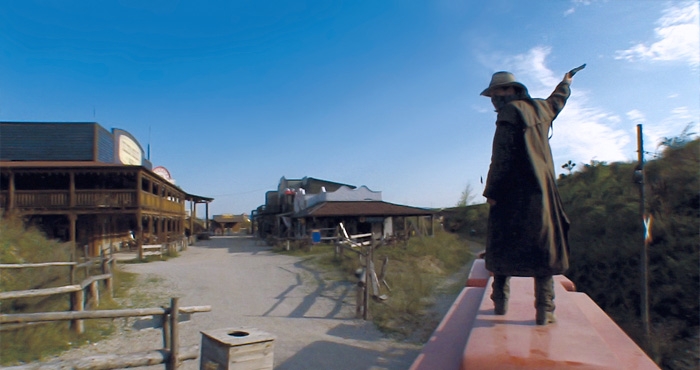No Name City
completed

No Name City
Mischief Films – Vienna
A “must” for all people working with teams!
| Director | Florian Flicker |
| Camera | Birgit Gudjonsdottir |
| Sound | Georg Misch, Michael Palm |
| Editor | Dieter Pichler |
| Producer | Ralph Wieser, Georg Misch |
| Production management | Peter Janecek |
| Co-Director | Georg Misch |
| Photos | Rainer Frimmel, Stefan Oláh |
| Additional Camera | Joerg Burger |
| In Cooperation with | ORF Film/Fernsehabkommen |
| Supported by | BMUKK - Austrian Federal Ministry for Education, Arts and Culture, ORF, Austrian Federal Country of Lower Austria, Austrian Federal Country of Salzburg |
| Languages | German |
| Subtitles | English |
Trailer
Awards
- DIAGONALE 2006: Beste Montage Dokumentarfilm
Festivals
- DIAGONALE – Festival of Austrian Film, Austria, 2006
- DOK Leipzig, Germany, 2006
- Internationale Hofer Filmtage, Germany, 2006
- Youki – Jugendmedienfestival Wels, Germany, 2006
- Dokumentarfilmwoche Hamburg, Germany, 2007
- Festival Européen de 4 Ecrans, France, 2007
- Doc Lisboa, Portugal, 2007
- Prix Europe/Programmbibliothek, Germany, 2007
- International Film Festival Piestany, Slovakia, 2008
- Salzburger Filmtage, Austria, 2008
Synopsis
An adventure park is a destination for family outings and a setting for fun experiences in adventure surroundings. In the case of the film NO NAME CITY it is the eponymous western park just outside the gates of Vienna, a loving reconstruction of the Wild West we all know from countless movies. A little western city replete with its own saloon, hotel, and sheriff’s office, which is nestled in a perfectly landscaped natural setting. Like every theme park, No Name City is also a commercial undertaking that depends on an offering of experiences and attractions that can draw large audiences.
The film NO NAME CITY is not concerned with investigating the commercial surface level of this park; instead, it focuses on a look behind the scenes and discovers a group of people who appear to be running the park autonomously. For some, their dedication comes from a fanatic love of westerns; for others, it is merely an existential issue of making ends meet. Their joint goal is to keep their “city,” as they call the park, from becoming a ghost town. It turns out that their lives revolve around the city; in fact, the outside world doesn’t seem to have any meaning to them (anymore). This is their “little world,” as the Austro-pop legends Waterloo & Robinson sing at the beginning of the film: “It’s carefree and rosy./ Because in my little world/Life with you is so cozy.”
That coziness can be a deceptive feeling, is brought home once again in the case of No Name City, for behind the scenes life is quite the opposite of carefree and rosy. In keeping with the western genre, the film gives us a picture of the struggle for power and control in the city. The extent to which the inhabitants have taken the Old West to heart is also expressed in their language: what the town needs is a “chief,” someone says, and someone else is accused of “speaking with forked tongue.”
The film comes to a head in a duel-like conflict between two of the protagonists, and as the final showdown draws near, it appears as if a messianic savior might ride in and restore peace in the city.
The film NO NAME CITY is tragic in its insight that a common goal does not necessarily unite people on a common path. Its humor comes from the everyday life between fiction and reality that the film crew experienced with the protagonists over the course of several weeks.